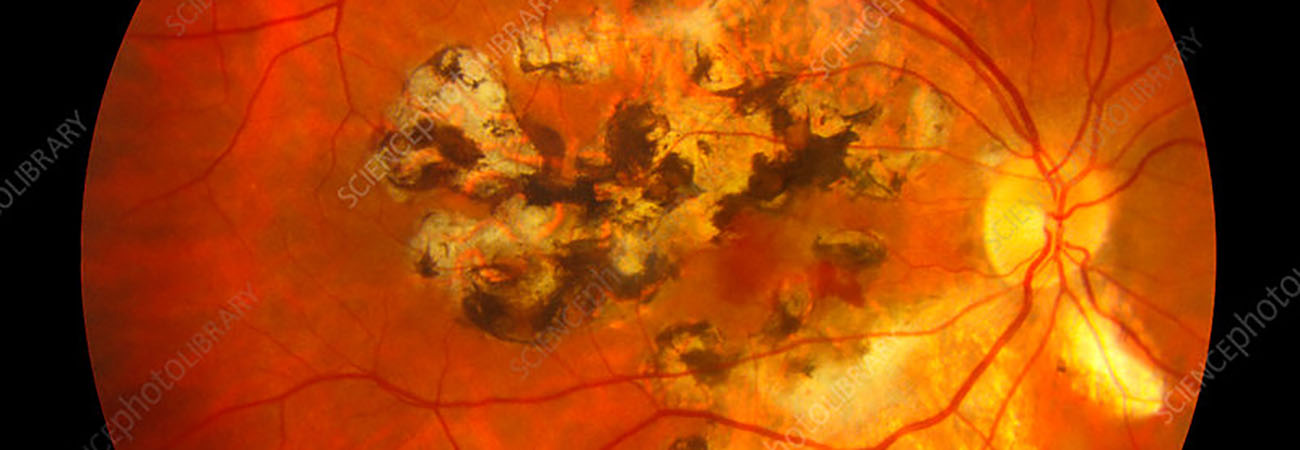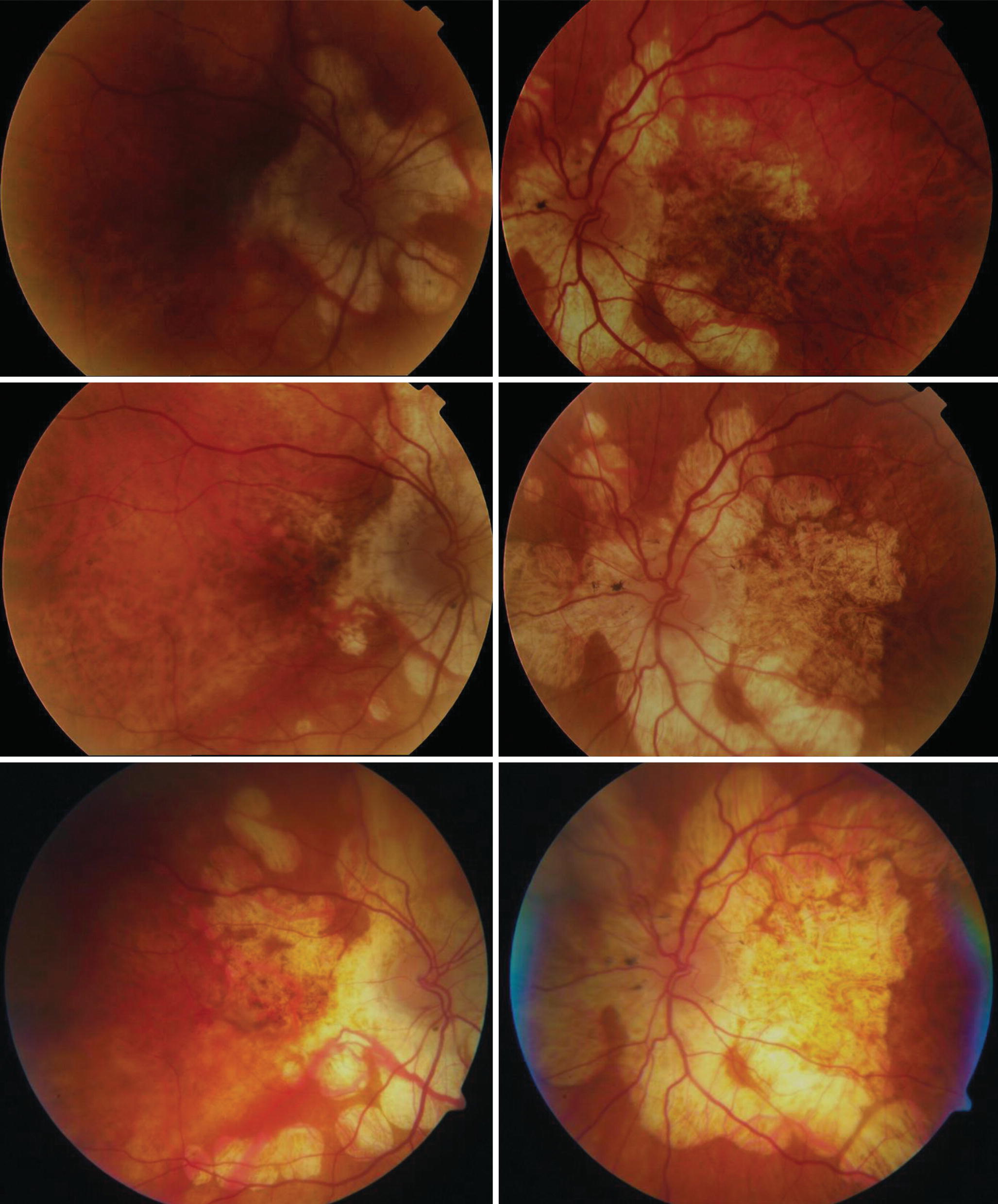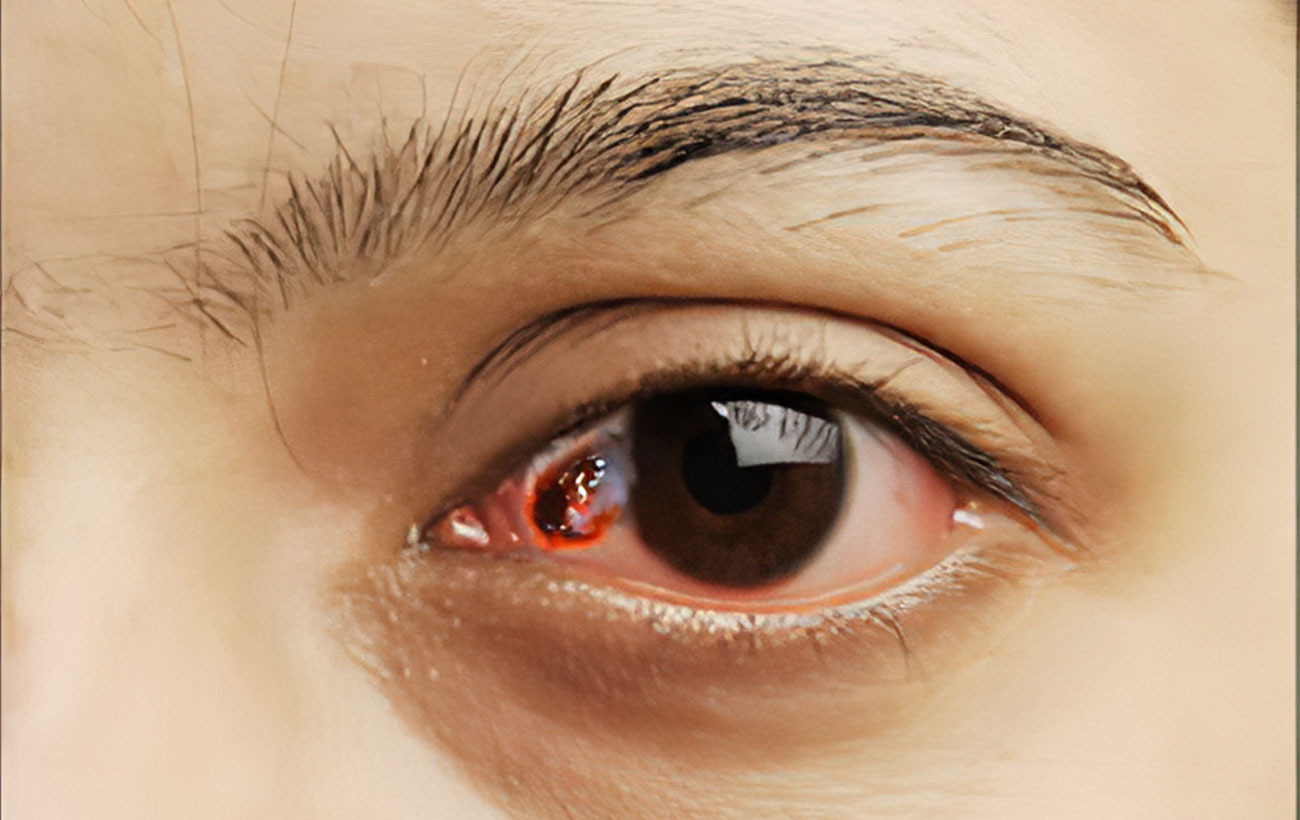Color vision deficiency (also called color blindness) is a vision disorder in which a person…

Choroiditis is inflammation of the choroid, the layer of blood vessels beneath the retina (the light-sensitive membrane lining the back of the eye) that supplies the eye with oxygen and nutrients. In some cases, the retina and the vitreous fluid (the substance that makes up the mass of the inside of the eyeball) also become inflamed. Although the exact cause of the disorder usually cannot be identified, sometimes an infectious agent such as the bacterium that causes tuberculosis is the cause. In some cases, an abnormal immune response mistakenly produces antibodies (infection-fighting proteins) that attack the choroid and sometimes other parts of the eye.
Treatments
To treat choroiditis, a doctor may prescribe corticosteroid drugs to relieve inflammation and pain and eliminate the blurred vision. If choroiditis is caused by an infection, the doctor may prescribe antibiotics.




